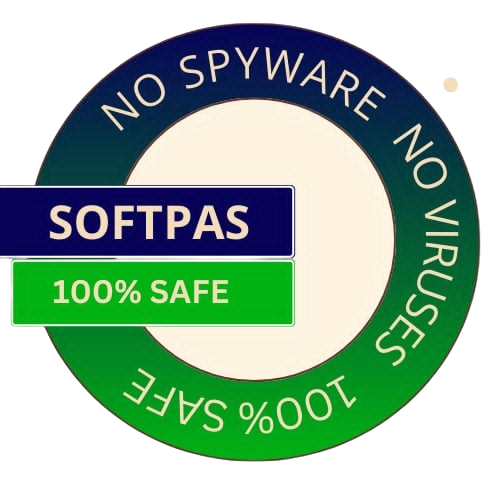
Get the best deals on your favorite games
Protocol Buffers is a great tool for encoding structured data in a format that’s super easy to use and can grow with your needs. Think of it as a compact and speedy way to handle data!
So, here’s the scoop: Google uses Protocol Buffers for almost all of its internal RPC protocols and file formats. That’s pretty impressive, right? It provides developers with a language-neutral and platform-neutral way to serialize structured data.
This tool is perfect for communications protocols, data storage, and much more! If you’re into Java, C++, or Python development, this documentation will be your best friend. It helps you understand how to implement protocol buffers in your applications.
Protocol Buffers offers a flexible and efficient way to serialize structured data – think of it like XML, but smaller, faster, and simpler! You get to define how you want your data structured just once. After that, you can use some special generated source code to easily write and read your structured data across different languages.
The cool part? You can update your data structure without messing up programs that were built using the old format. This means less hassle when it comes to keeping everything running smoothly!
You start by defining how you want the information serialized by creating protocol buffer message types in .proto files. Each message acts as a small logical record of information made up of name-value pairs. It makes organizing everything so much easier!
If you're excited about getting started with Protocol Buffers, check out the link above for more details on downloading it!
Go to the Softpas website, press the 'Downloads' button, and pick the app you want to download and install—easy and fast!

SoftPas is your platform for the latest software and technology news, reviews, and guides. Stay up to date with cutting-edge trends in tech and software development.
Subscribe to newsletter
© Copyright 2024, SoftPas, All Rights Reserved.